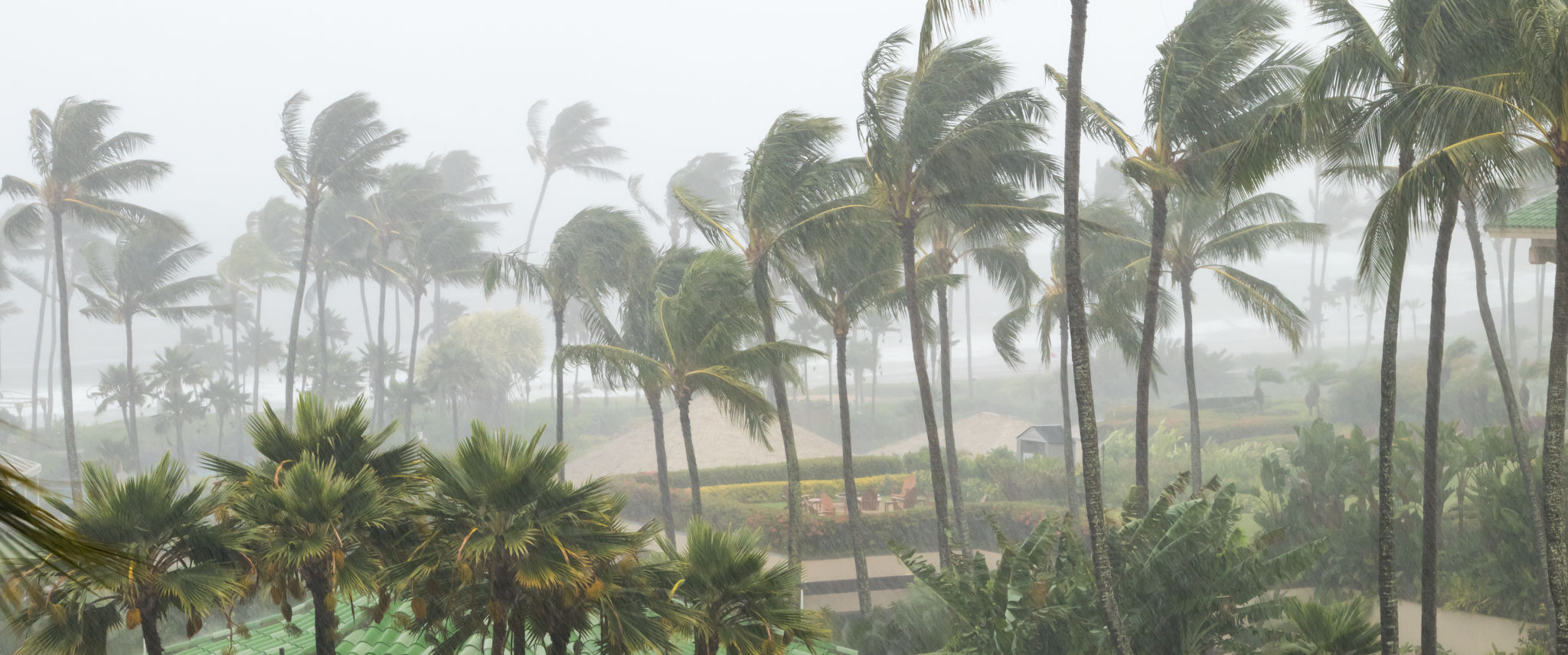A Comprehensive Guide to Building a Durable Driveway in Hawaii's Unique Climate
Understanding Hawaii's Climate Challenges
Building a driveway in Hawaii presents unique challenges due to the state's diverse climate and geological conditions. With its tropical weather, frequent rain, and volcanic soil, ensuring that a driveway is durable requires careful planning and material selection. Homeowners must consider factors such as moisture resistance, heat tolerance, and erosion control to create a long-lasting driveway.

Choosing the Right Materials
Selecting the appropriate materials is crucial for constructing a durable driveway in Hawaii. Concrete, asphalt, and pavers are popular choices, each offering distinct advantages. Concrete is known for its strength and longevity, making it ideal for withstanding Hawaii's climatic conditions. Asphalt is more flexible, accommodating ground movement and temperature fluctuations. Meanwhile, pavers offer aesthetic appeal and excellent drainage capabilities.
When deciding on materials, consider the specific location and environmental factors. For example, areas with high rainfall might benefit from permeable pavers that allow water to pass through, reducing runoff and minimizing erosion.
Proper Installation Techniques
The installation process plays a significant role in the durability of a driveway. Proper subgrade preparation is essential, including compacting the soil to provide a stable base. This step helps prevent settling and cracking over time. It's also important to ensure adequate drainage by sloping the driveway away from structures to direct water flow.

Employing experienced contractors familiar with Hawaii's unique conditions can lead to better outcomes. They can provide insights into local best practices and help avoid common pitfalls associated with driveway construction in tropical climates.
Maintenance Tips for Longevity
Regular maintenance is key to extending the life of a driveway in Hawaii. Sealing the surface every few years can protect against moisture infiltration and UV damage. For asphalt driveways, filling cracks promptly can prevent further deterioration and prolong their lifespan.
Given Hawaii's lush environment, vegetation control is vital. Overgrown plants can cause root intrusion and surface damage, so keeping the edges clear is recommended. Additionally, regular cleaning can prevent mold and algae growth, which are common issues in humid areas.

Addressing Environmental Concerns
Building a driveway in Hawaii also involves considering environmental impacts. Employing eco-friendly materials and construction methods can reduce the ecological footprint. For instance, using recycled materials or opting for permeable surfaces helps manage stormwater naturally while supporting sustainability goals.
Consulting with environmental experts or local authorities can provide guidance on minimizing environmental impact while complying with regulations and preserving Hawaii's natural beauty.
Final Thoughts on Building Durable Driveways
A well-constructed driveway in Hawaii not only enhances curb appeal but also withstands the challenges of the local climate. By selecting the right materials, ensuring proper installation, and committing to regular maintenance, homeowners can enjoy durable driveways that stand the test of time.
Moreover, incorporating sustainable practices contributes to preserving Hawaii's unique environment for future generations. Whether building a new driveway or upgrading an existing one, understanding these fundamental aspects is crucial for success.